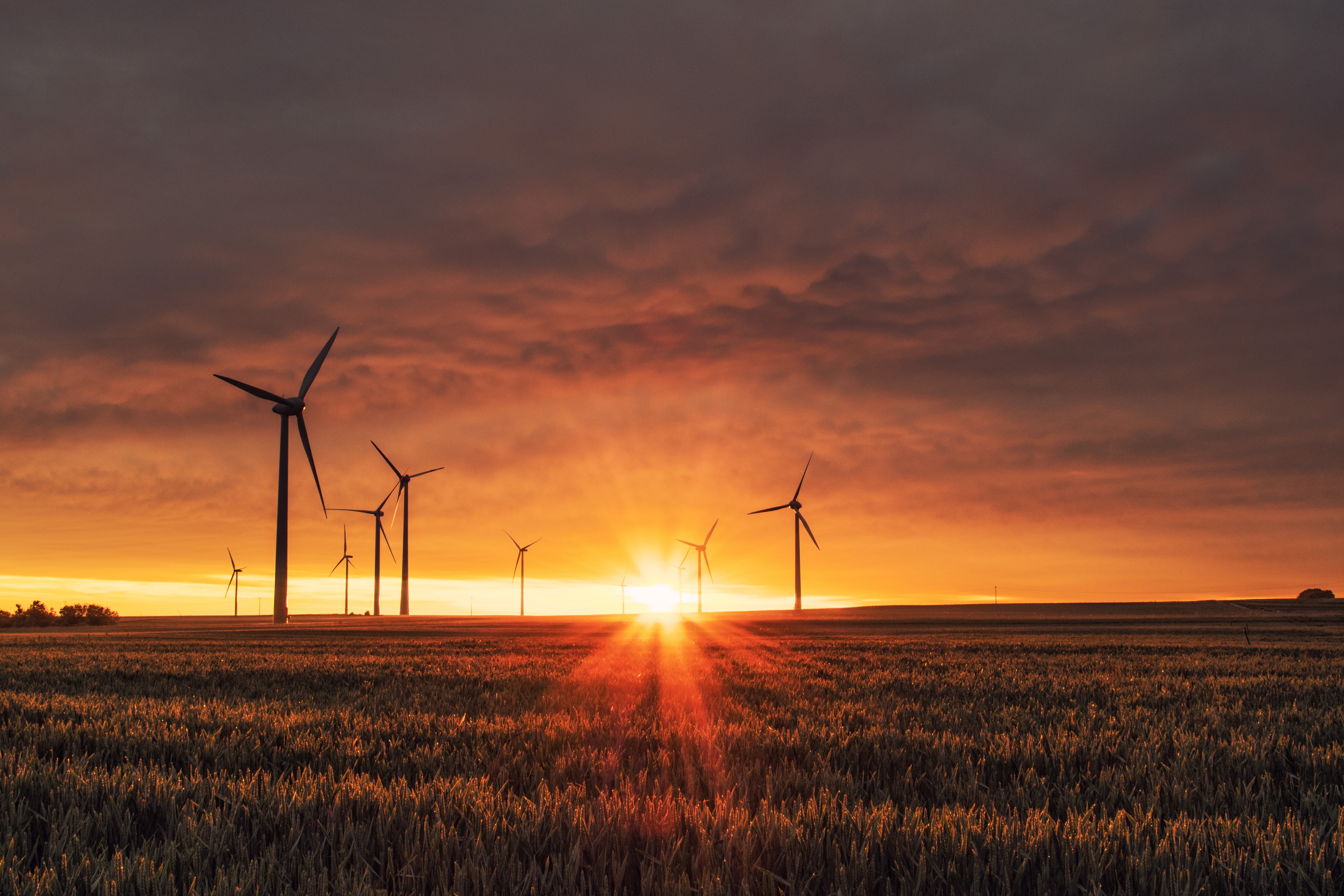- cross-posted to:
- worldnews@lemmit.online
- cross-posted to:
- worldnews@lemmit.online
About 40% of the world’s power generation is now renewable::About 40% of the world’s power generation is now renewable
83% of new power capacity created in 2022 was renewable, according to a report from the International Renewable Energy Agency (IRENA) and World Meteorological Organization (WMO). The report takes stock of the world's renewable en



I don’t see a graph here or source, do you know where it’s from? This is giving about 25%.
https://www.forbes.com/sites/rrapier/2023/08/06/global-energy-trends-insights-from-the-2023-statistical-review-of-world-energy/
Edit: here’s the original paper if people want to dig through it for the data. I have a feeling the headline above is just the capacity rather than the actual generation.
https://www.irena.org/Publications/2023/Dec/2022-Year-in-Review-Climate-driven-Global-Renewable-Energy-Potential-Resources-and-Energy-Demand
The source in the article claims 27.8% so who knows…
But in general they are talking about electricity, not energy. Maybe the 40% comes from best of situations when it’s windy where it needs to be and sunny where it needs to be.
So, did they mix up 14 with 40?
Idk. They might be playing tricks with installed capacity vs the actual energy coming from them, since solar and wind only produce at peak capacity sometimes.
Biomass is also pretty much the worst “renewable” energy source. Consume a buch of water, use land that could be used for food, rising the cost of basics from the people that can’t afford to pay more.
And I wonder what the efficiency is compared to something like solar, growing a tree for years just to burn it. I’m guessing it’s pretty abysmal.
https://blog.ecoflow.com/us/biomass-energy-vs-solar-energy/